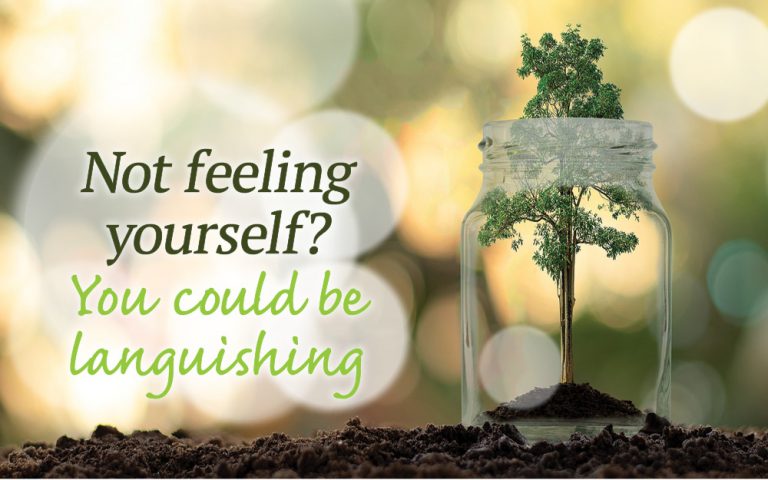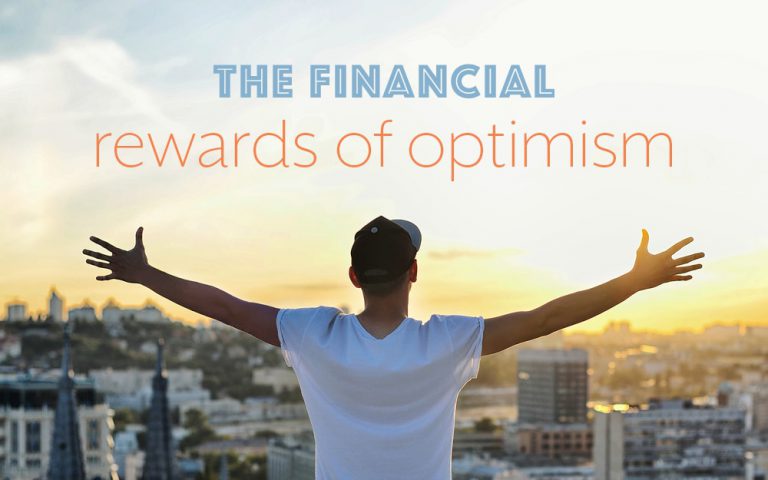‘Million Dollar Shoppers’. ‘Confessions of a Shopaholic’. ‘My Shopping Addiction’. ‘Shop ‘Til You Drop’. ‘Haul’ videos on YouTube. These aren’t just entertaining titles, they’re also tacit acknowledgements of our society’s consumerist craze.
These days, spending a lot of money on things is considered unremarkable at worst. It’s a sign that we’re becoming comfortable with a certain level of buying that our grandparents would have considered absurd. Where once an average person would never borrow money, or would only borrow to buy their home, it’s now normal to take on debt to enjoy a lavish holiday, buy shiny new appliances, or pick up the latest season’s fashion.
What is Affluenza?
‘Affluenza’ is a term first used as early as the ‘50s, but popularised in the late ‘90s. A portmanteau of ‘influenza’ and ‘affluence’, there are no prizes for guessing its meaning. Prominent anti-consumerist authors Naylor, Wann and de Graaf define it as “a painful, contagious, socially transmitted condition of overload, debt, anxiety, and waste resulting from the dogged pursuit of more.”i In other words, it’s the way individuals, and society as a whole, are conditioned to always want more stuff. We’re taught that buying the latest, biggest and best this or that will solve whatever problem we feel we have – whether it’s a real problem, or one manufactured by the marketing industry. It’s a darker and more complex take on the old idiom ‘keeping up with the Joneses’.
Take a break from shopping ‘til you drop
Hundreds of coordinated campaigns around the world aim to combat affluenza in its different forms. One such campaign is Buy Nothing New Month – October each year. Founded in Melbourne, it’s now spread as far as the Netherlands.ii A few UK and US families have taken it further, buying nothing for a whole year, and documenting their experiences along the way.iii The most widely celebrated (perhaps because of its ease) event is Buy Nothing Day.
Australia’s Buy Nothing coordinators say their movement is about taking the time to ask yourself questions such as:
- Do I really need this?
- Can I rent or borrow it instead?
- Can I get this second hand, perhaps online or from an op shop?
- Could I swap with a neighbour or someone in my community?
- What resources went in to producing this, and is there a better alternative?
Change your habits
There are certainly practical and financial benefits of not buying anything new. Those who’ve embarked on the aforementioned shopping-Complimentary experiments have described saving thousands of dollars – often without feeling like they’re going without or doing it tough. Most authors have also described retaining their newfound thrifty habits after their experiment was over, saving them extra in the long term as well. One popular frugality blogger summed it by saying “Every frugal tip in the world isn’t going to save as much money as simply not buying anything.”iv
Reap the benefits
Anti-consumerist advocates tout a variety of non-monetary advantages, including learning financial discipline, creative thinking when it comes to meeting your needs, and getting back in touch with your personal values.
Committing to buying nothing new might sound intimidating. Especially when it’s for a whole month. Going without new non-essentials for that long takes a lot of discipline and planning. If that’s not your thing, you might want to consider Buy Nothing New Month as an opportunity to start thinking about how you’re spending your money. Think about whether you’re stretching your income as far as you can – and whether you mightn’t be better off putting some of that spending money into savings or investments.




































































